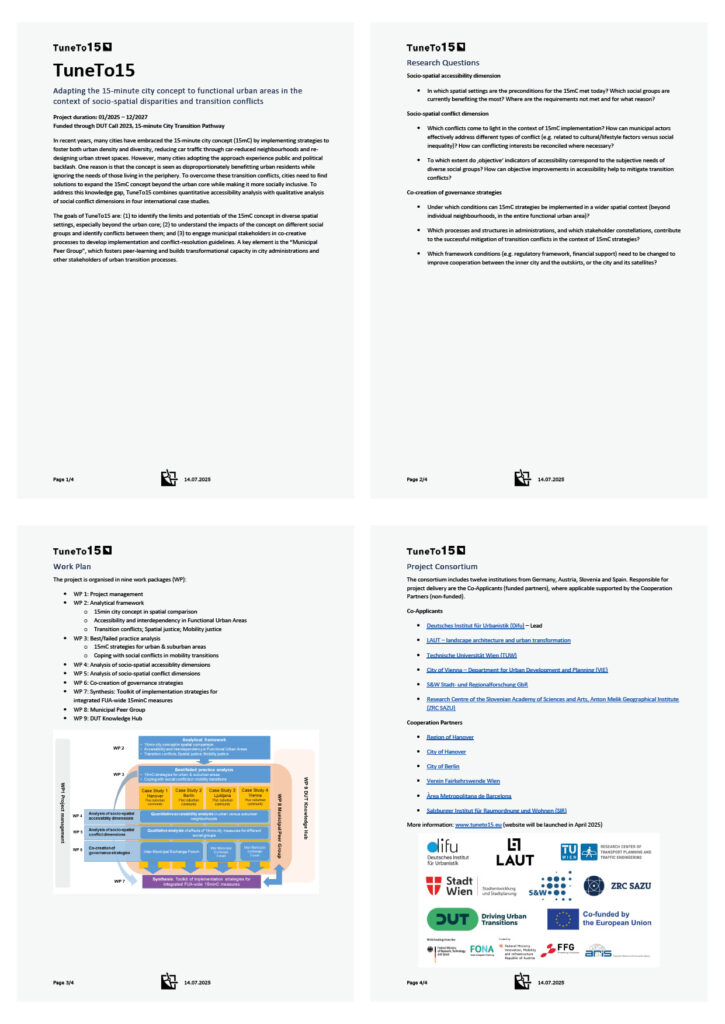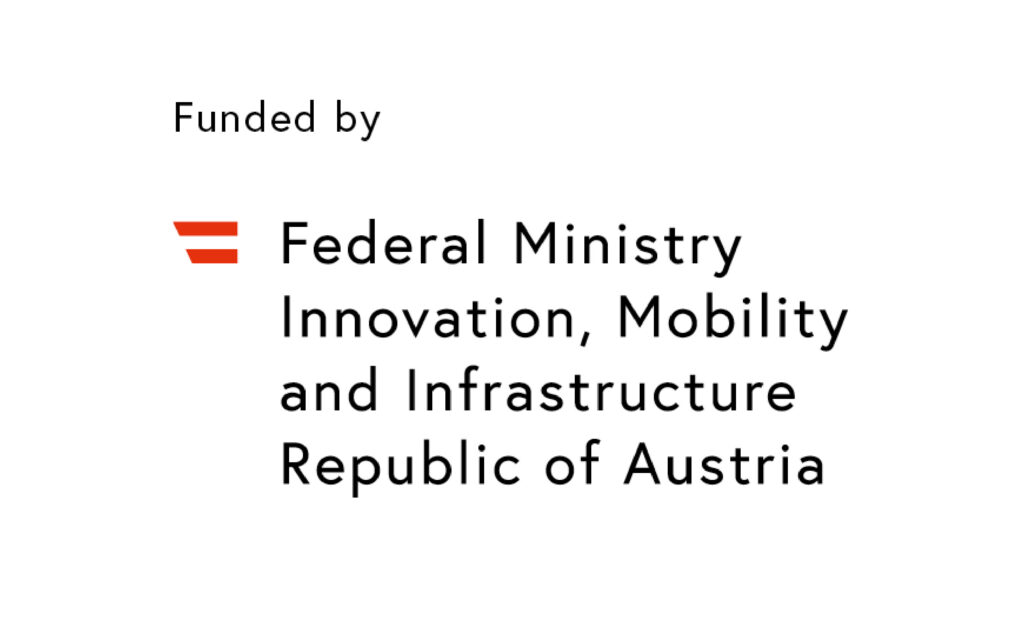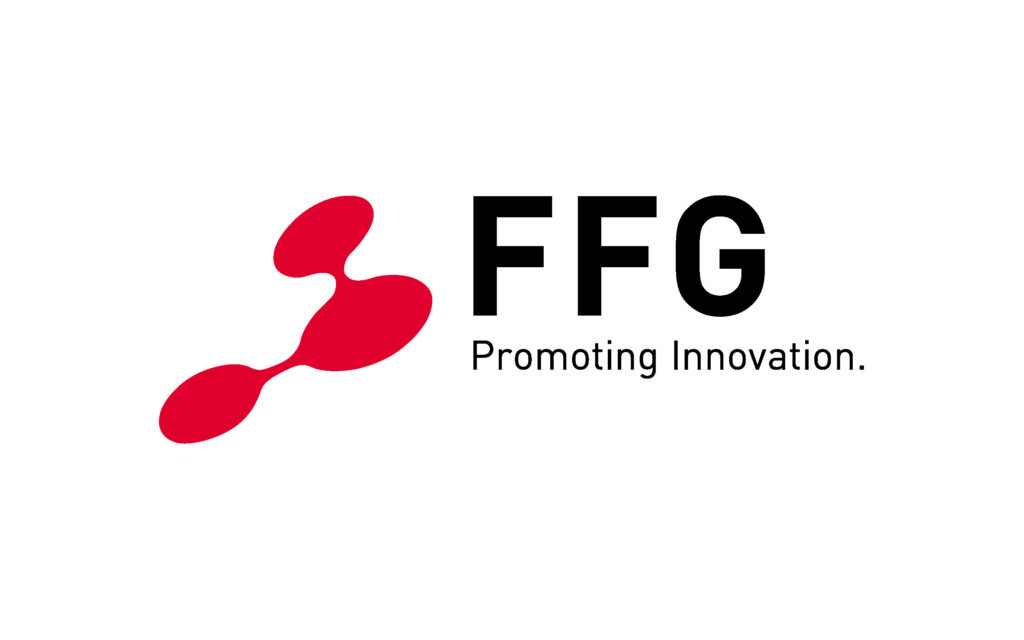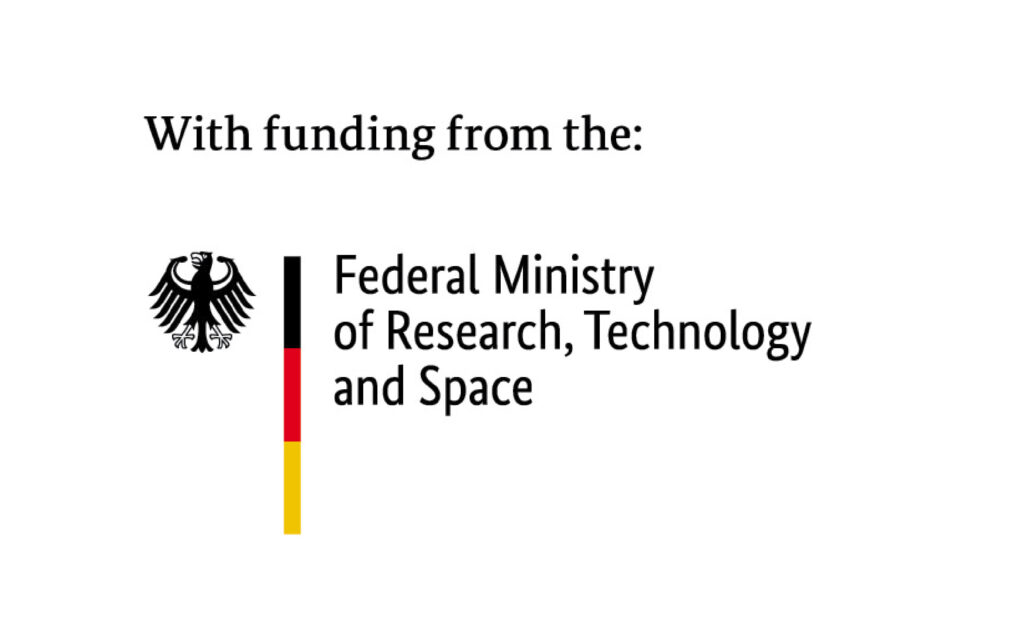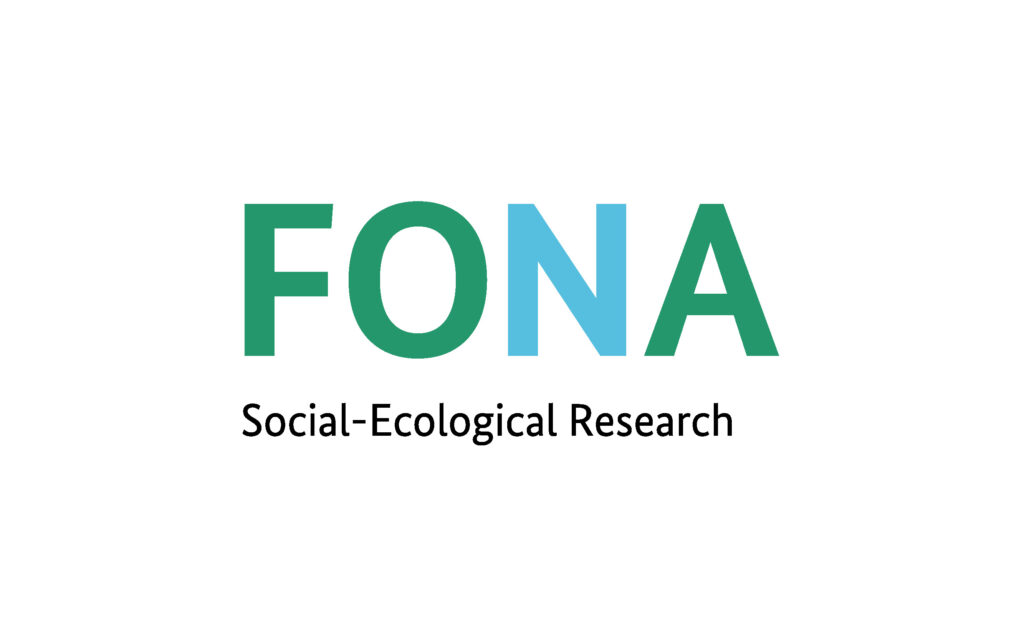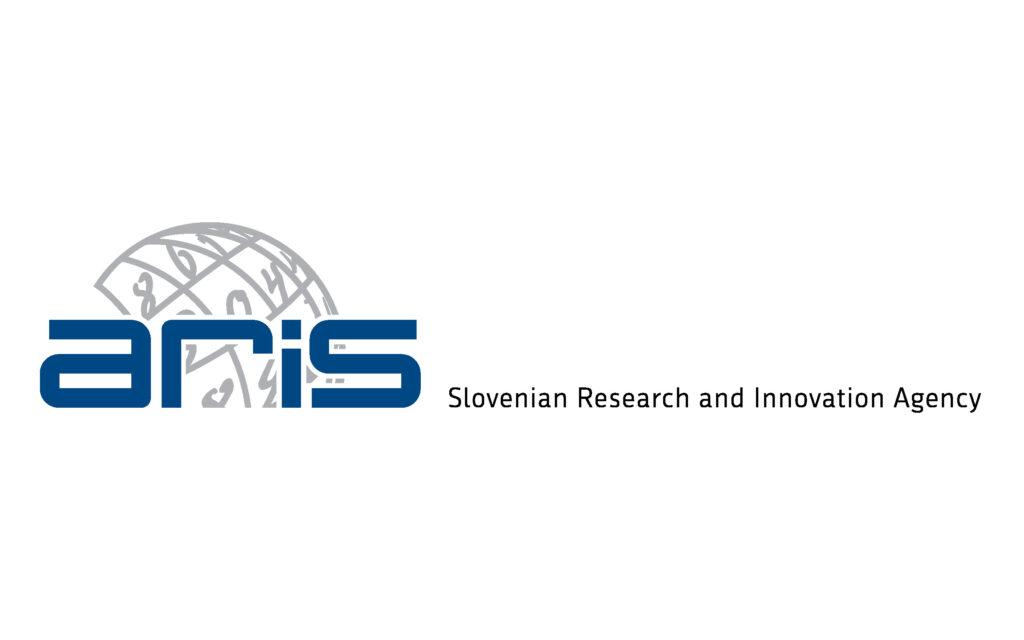The TuneTo15 Project
TuneTo15 develops solutions to overcome transition conflicts in implementing the 15-Minute City concept. The project aims to make the 15-Minute City concept more socially inclusive and to expand its focus beyond the urban core. TuneTo15 is conducted by a consortium of six Project Partners and supported by Associated Partners from a wide range of organisations across Europe.

Project Facts
Project duration: 2025-2027
TuneTo15 is funded by the Driving Urban Transition (DUT) Partnership within the 15-minute City (15mC) Transition Pathway in the DUT Call 2023. TuneTo15 is co-funded by three National Funding Agencies from Austria, Germany, and Slovenia
The TuneTo15 Project builds on the results and network created in the project TuneOurBlock.
The Driving Urban Transitions Partnership (DUT)
The Driving Urban Transitions (DUT) Partnership is an intergovernmental research and innovation programme addressing key challenges of urban transitions. With 67 partners from 28 countries, the DUT Partnership addresses the challenges that European cities face in their endeavours to become sustainable and to enhance quality of life for their citizens.

Consortium Partners
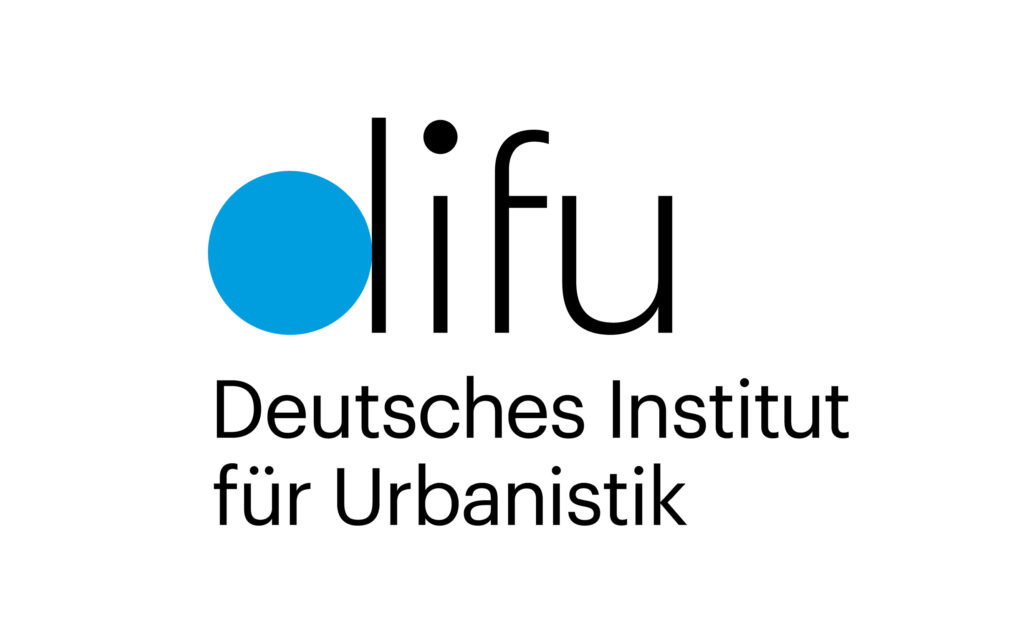
German Institute of Urban Affairs (Difu)
Difu is the largest independent urban research institute in the German-speaking world. German cities are both research partners and the main target group. An essential capital of the Institute’s work is its scientific competence, which is characterised by interdisciplinarity and application orientation. Through empirically sound research, studies, working aids and workshophs, Difu supports local authorities on tasks they face today and in the future.
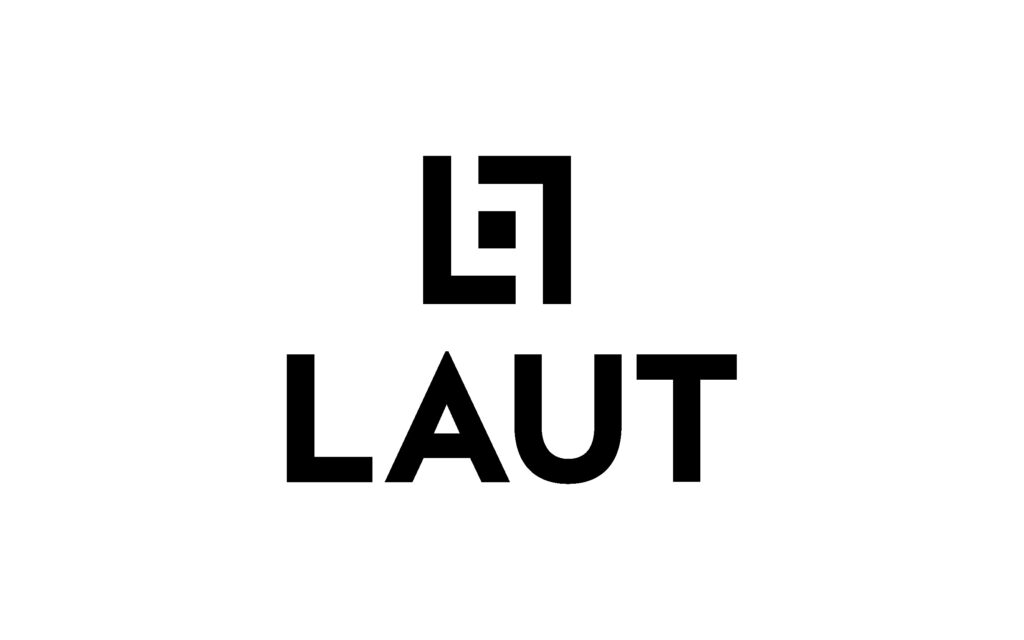
LAUT – landscape architecture and urban transformation
LAUT is an interdisciplinary planning and communications agency with a focus on public space, postcarbon mobility, and sustainable urban development. LAUT facilitates strategic urban development processes and explores human-oriented urban and spatial concepts in studies, planning projects, and cooperative R+D projects.
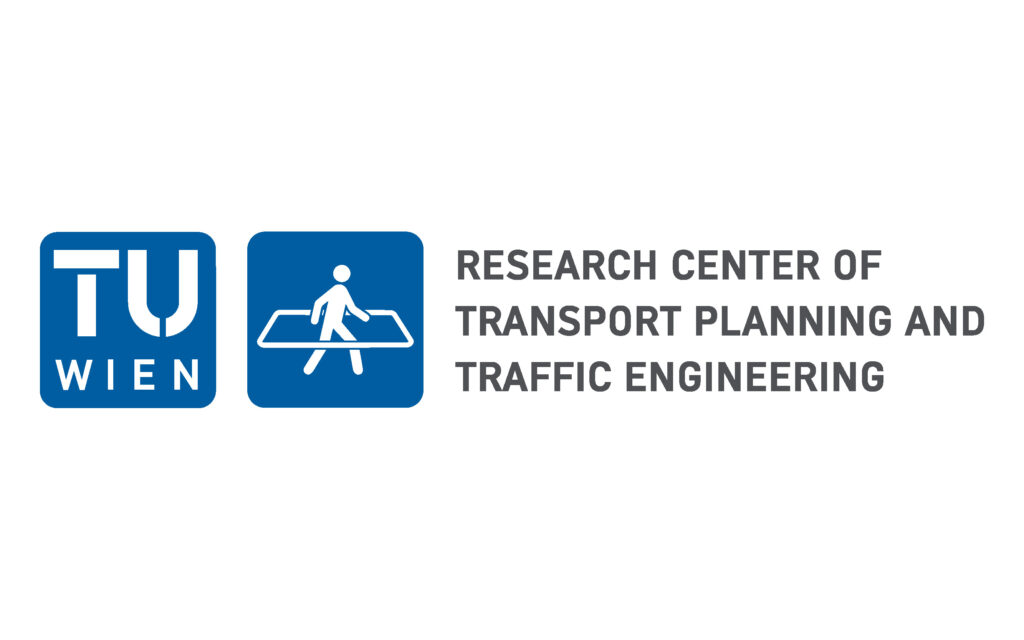
Research Unit of Transport Planning and Traffic Engineering, TU Wien
The Research Unit of Transport Planning and Traffic Engineering conducts interdisciplinary research in the field of sustainable mobility for people. Our interdisciplinar Team combines the disciplines of civil engineering, mechanical engineering, spatial planning, geography, environmental engineering, landscape planning, computer science and social and economic sciences.
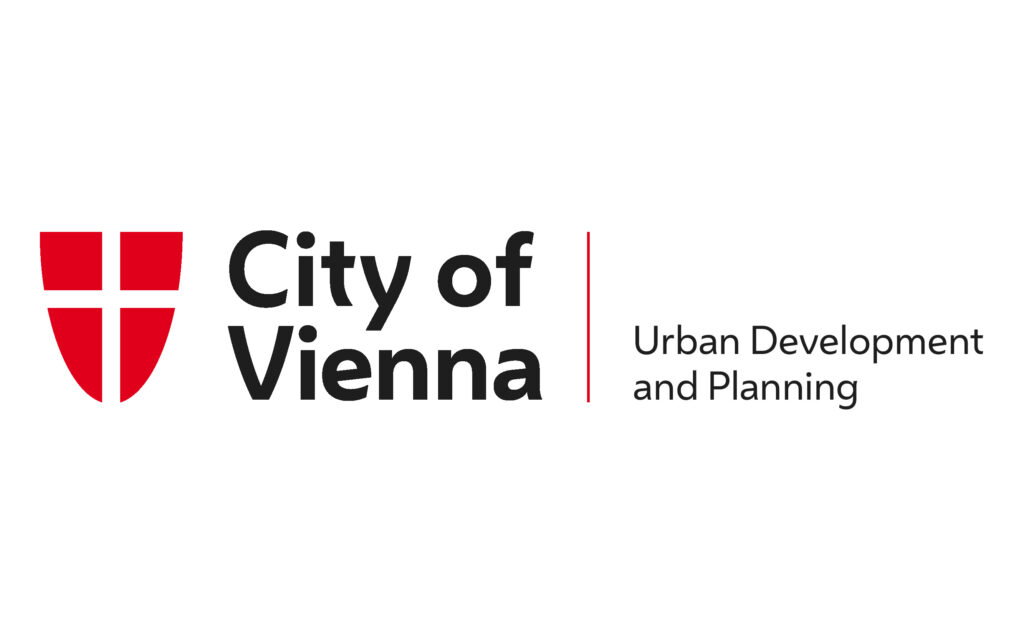
City of Vienna – Department of Urban Development and Planning
The City of Vienna’s Department for Urban Development and Planning is the strategic urban development department of the City of Vienna and responsible for the Smart Climate City Strategy and the Urban Development Plan. Amongst others, the tasks include urban research, spatial analyses, public relations as well as cross-regional cooperation in the areas of urban and mobility planning.

S&W Urban and Regional Research
S&W is a research-oriented planning and consulting company based in Dortmund, Germany. The objective of S&W is policy-relevant and practice-oriented innovative research and consulting as a contribution to the promotion of sustainable and equitable spatial and mobility structures at the urban and rural, regional, national and European level.
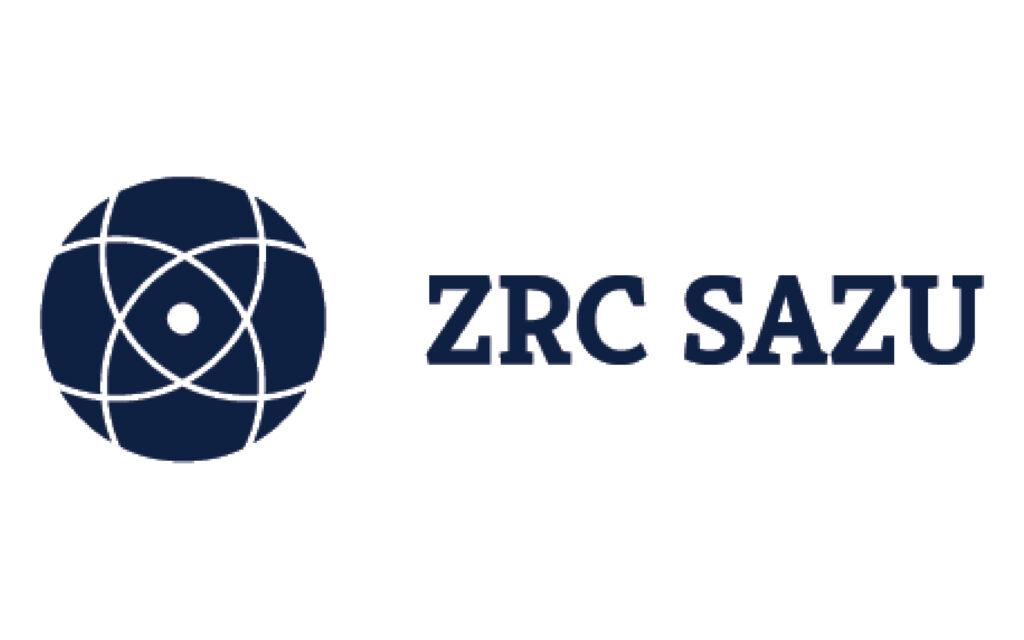
Research Centre of the Slovenian Academy of Sciences and Arts, Anton Melik Geographical Institute
The institute performs basic and applied geographical studies, including human geography and regional planning. It features as a (lead) partner in research projects, organizes research conferences, issues scientific publications, educates young researchers, and cooperates in researchers’ exchanges and university lectures.
Associated Partners
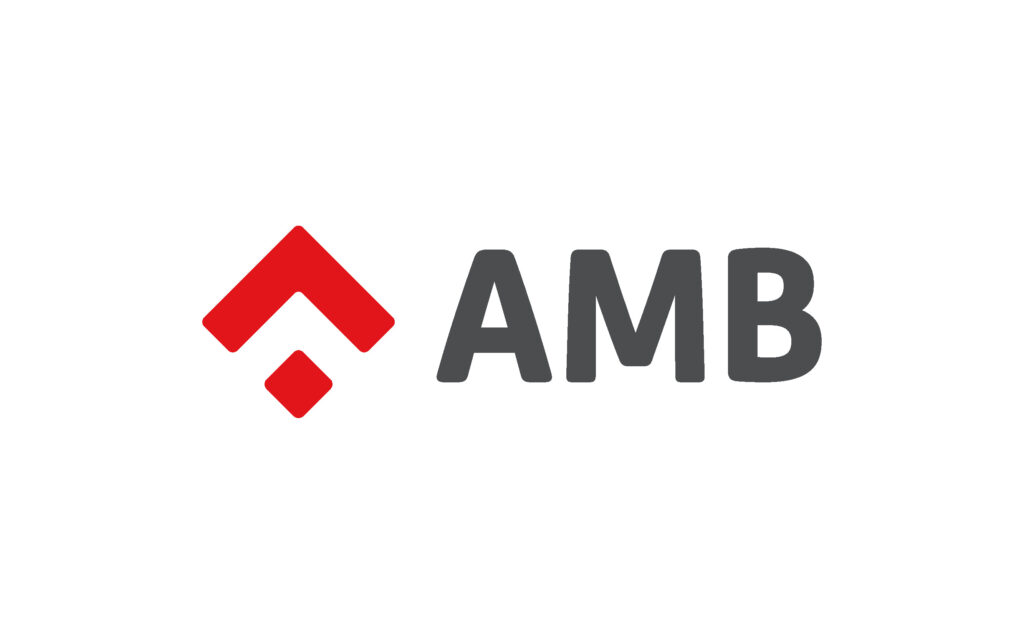
Barcelona Metropolitan Area (AMB)
The Barcelona Metropolitan Area (AMB) is a public administration that includes 36 municipalities and 3.3 million inhabitants, with a mandate to ensure better life conditions and to protect the territory. The AMB holds legal competencies in the fields of territorial planning, public space, mobility and public transport, housing, environmental policies (climate action, water and waste management), economic development and social cohesion.
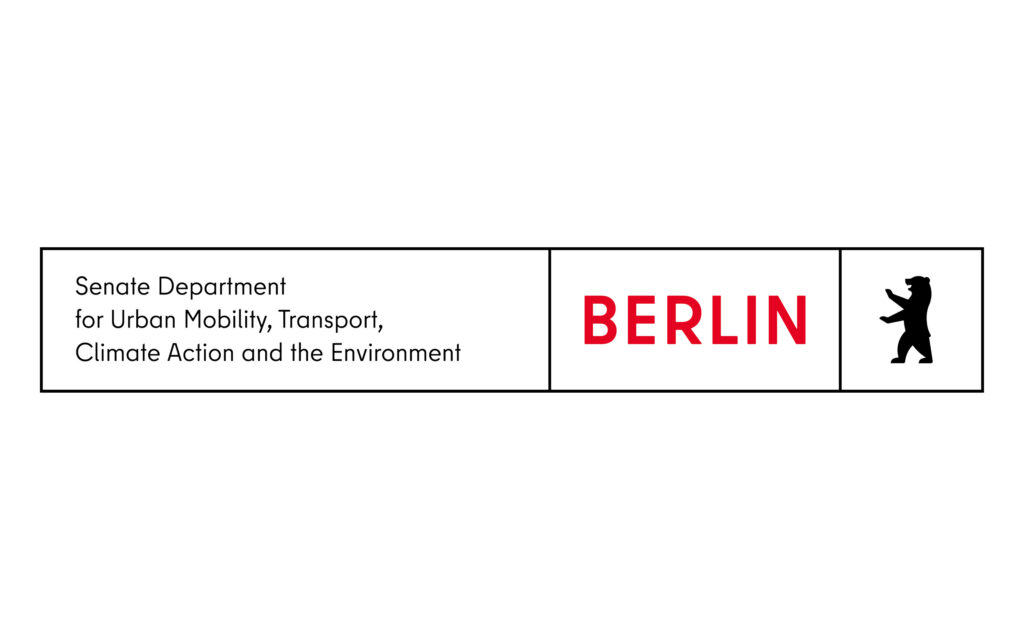
Senate Department for Urban Mobility, Transport, Climate Action and the Environment Berlin (SenMVKU)
The Senate Department for Urban Mobility, Transport, Climate Action and the Environment is committed to making Berlin a livable city. We shape sustainable, green and environmentally friendly urban development. We ensure future-proof mobility and implement climate protection measures in Berlin.
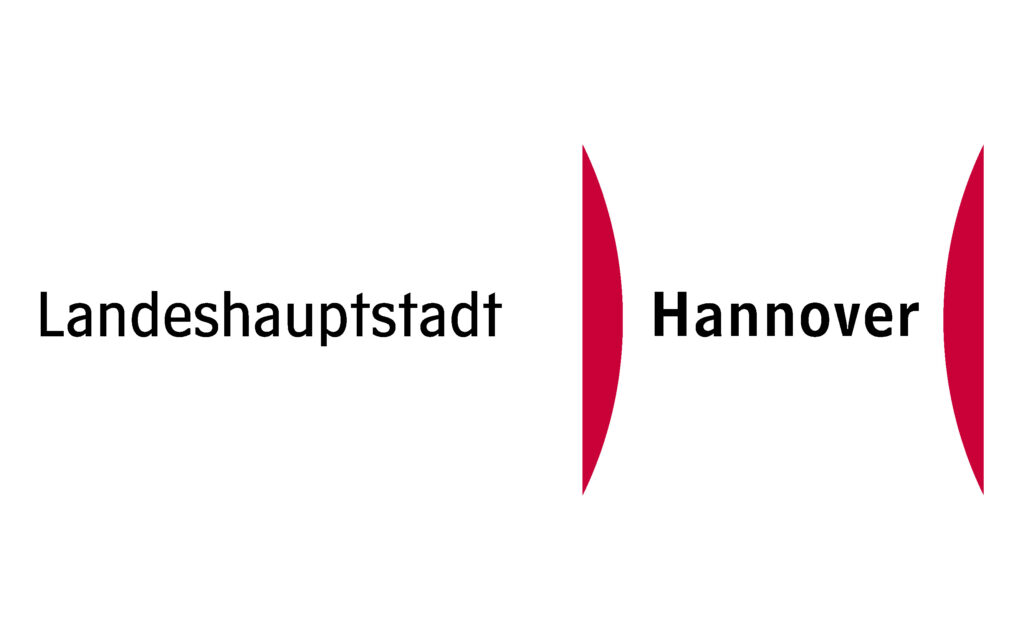
City of Hanover
Hanover has a population of over 550,000 and is the state capital of Lower Saxony. The city is part of the Hanover Region and is the regional center, with strong transport links to the surrounding cities. Hanover aims to become climate-neutral by 2035. Superblock concepts are currently being developed to improve climate resilience and quality of life, and cycling is also being encouraged.
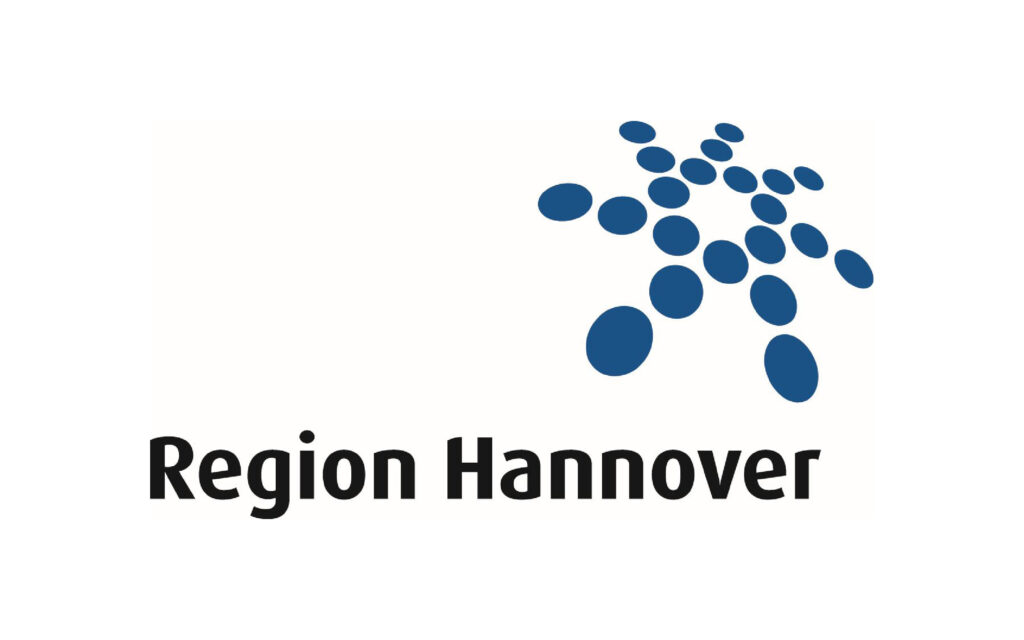
Hanover Region
The Hanover Region comprises 21 municipalities – including the state capital Hanover. A total of 1.2 million people live in the Hanover Region. Our region has a special political, economic and cultural significance within Lower Saxony. 15 % of Lower Saxony’s population live here; over 25 % of Lower Saxony’s gross domestic product is generated here. We are having the regional planning authority and also for the public transport.

Salzburg Institute for Regional Planning and Housing (SIR)
Since 1972, SIR has served as Salzburg’s center of expertise and trusted partner for municipal development—with a mission to drive forward-thinking projects that foster an enduring quality of life. We support, connect, and research on energy, climate, housing, spatial planning, and sustainability—partnering with municipalities to develop practical, resilient solutions.
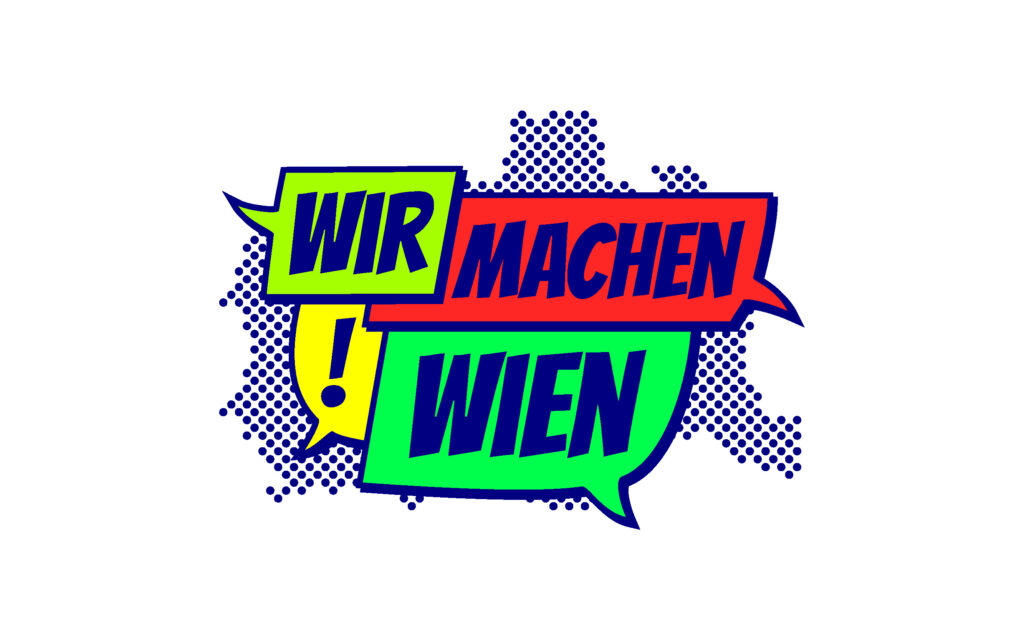
“Wir machen Wien” – “We make Vienna”
“Wir machen Wien” (We make Vienna) is a project of the association Fairkehrswende Wien, which promotes fair and climate-friendly mobility in Vienna. The platform connects around 35 grassroots initiatives working on sustainable transport, climate action, and urban planning. It offers workshops, shared resources, and visibility tools to support civic engagement and foster collaboration for a more livable, people-centered city.

